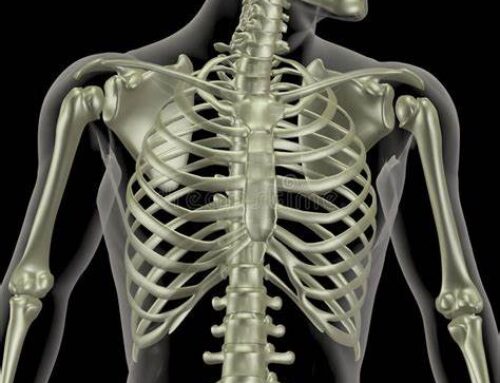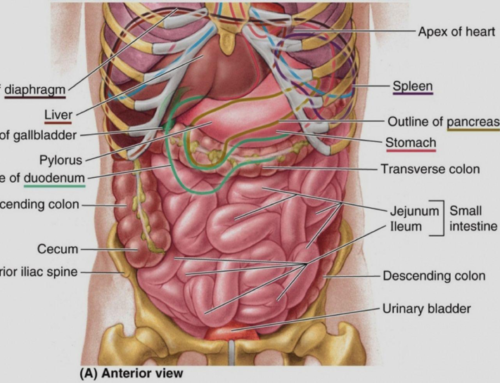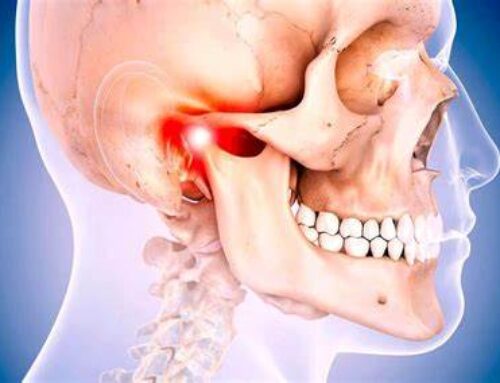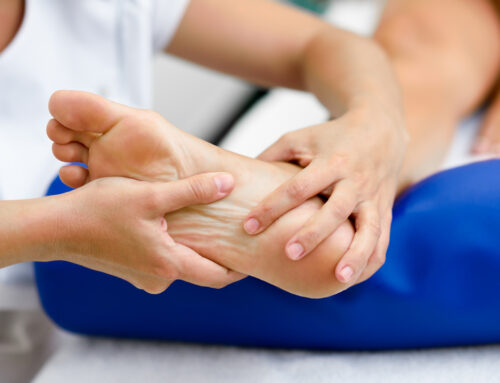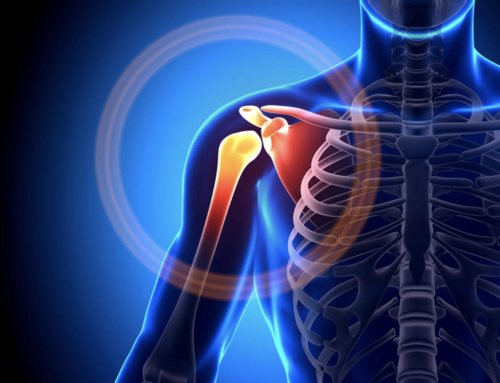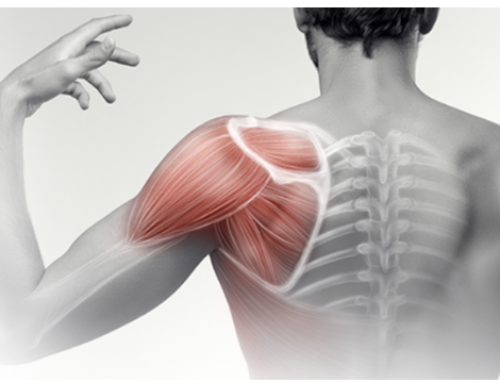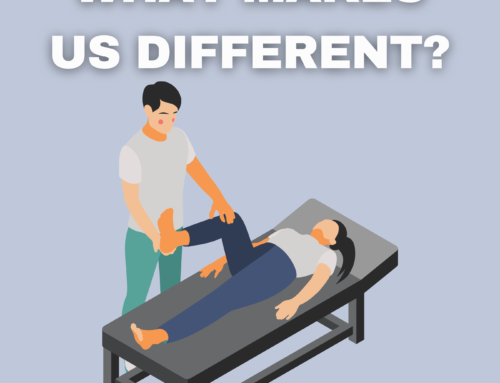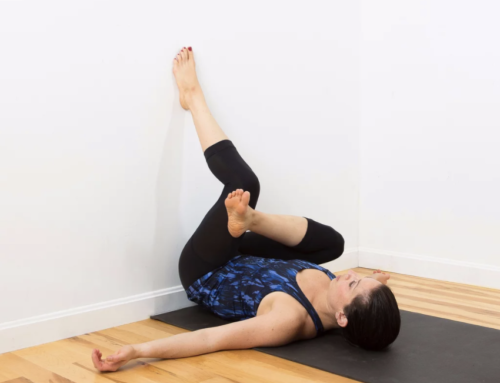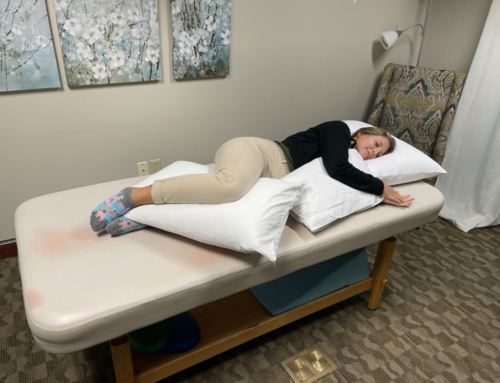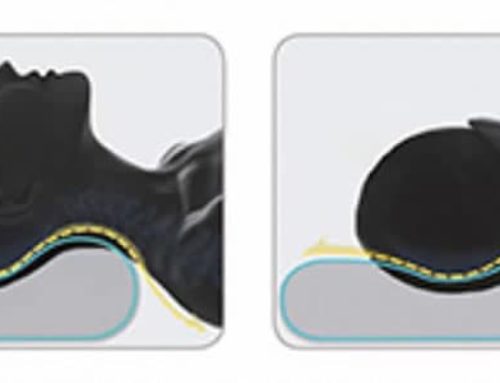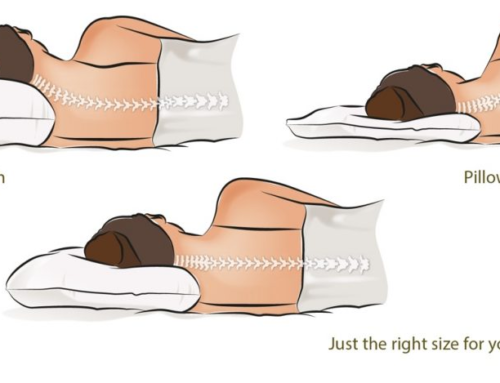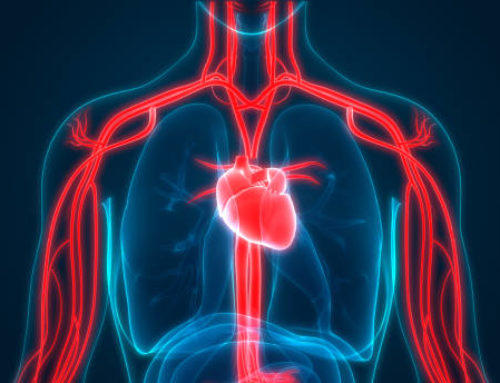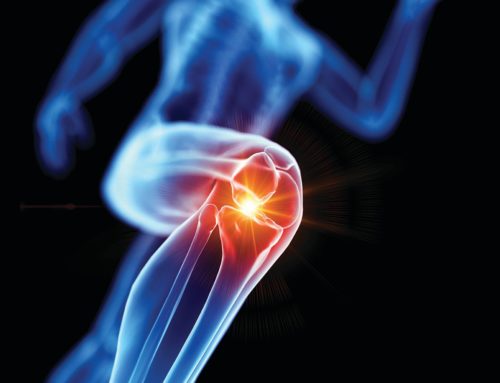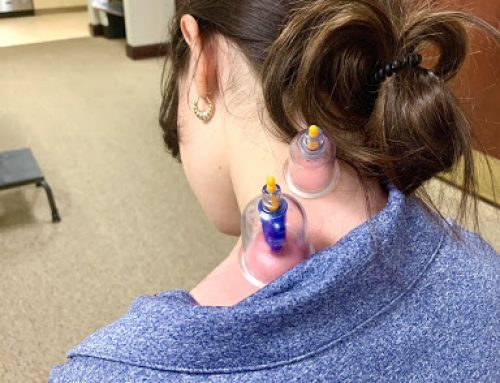Is stress making your neck pain worse?
Have you ever been to your doctor and been told that your pain is all in your head? There may be some truth to this, but not in the way you might think. A meta analysis performed by the Journal of Psychosomatic Research found a strong correlation between the presence of chronic nonspecific neck pain and high stress and anxiety levels. This study demonstrates the effect that high stress levels have on chronic neck and shoulder pain.
Neck and shoulder pain often go hand in hand. Many patients present to physical therapy with complaints of a long history of neck pain. If experiencing chronic neck and shoulder pain is a problem you are dealing with on a consistent basis, you may want to evaluate your stress levels. One question you have to ask yourself is how much stress you experience on a daily basis? Rate your personal stress level on a scale of 0 to 10 for two weeks and also rate your neck and shoulder pain on a 0 to 10 scale; then determine whether you see a correlating trend with your neck and shoulder pain.
You may already know that your stress levels contribute to your pain; if that’s the case, then where do you begin to fix it? Some homeopathic remedies to reduce stress and anxiety levels include:
-Focused relaxation 10 minutes a day including diaphragmatic breathing
-Meditative stretching
-Drink camomile tea before bedtime
-Get adequate sleep (adults need an average of 6-8 hours)
-Write in a journal
-Make a list the stress factors in your life and work on a plan to reduce or eliminate them
-Reduce caffeine intake from coffee, soda, tea and energy drinks
-Reduce sugar and starchy carbohydrate intake (both have been linked to increased levels of anxiety and depression)
-Eat a diet rich in green leafy vegetables, colorful fruits, and lean sources of protein
-Set up an appointment with your physical therapist.
Physical therapy can help reduce your chronic neck and shoulder pain in many ways. First, as manual therapists here at John Goetze Physical Therapy, we have the skills to address the soft tissues of the shoulder and cervical spine that could be contributing to your pain. By decreasing the hypertonicity of tissues, releasing trigger points, and reeducating your postural muscles to work in synchronicity, you can reduce the strain that you feel in your neck and shoulders.
In addition to addressing soft tissues, we will perform an evaluation that will allow us to point out postural deviations and/or weak points in your spine that are contributing to your symptoms and resulting in movement impairments. By addressing these impairments we can work with you to manually reeducate the muscles that are not working properly and reduce muscles that are limited in their mobility.
Finally, we can work with you to develop a plan utilizing exercise, manual therapy techniques, and home modalities that you can use to manage your symptoms. Our goal is to teach you these techniques so that you can perform your daily activities without your neck and shoulder pain being a factor that limits your activity level.
1. Ortego, Gorka et al. Is there a relationship between psychological stress or anxiety and chronic nonspecific neck-arm pain in adults? A systematic review and meta-analysis. Journal of Psychosomatic Research , Volume 90, 70-81. 2016
DOI: http://dx.doi.org/10.1016/j.jpsychores.2016.09.006






